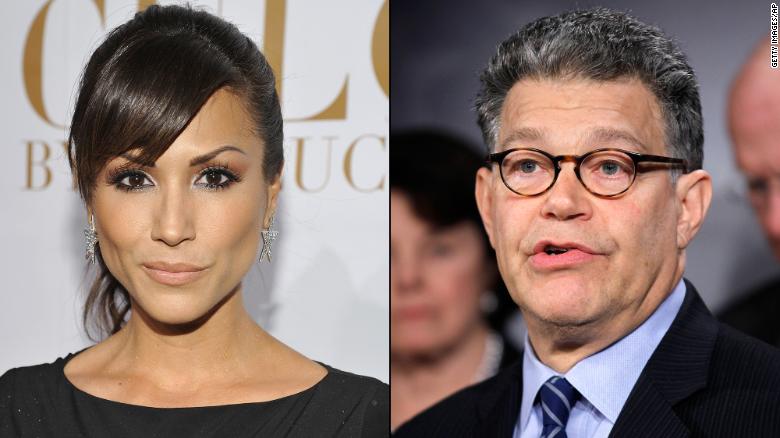

He describes it as “a very important tool for facing the challenges of state oppression that Nigerian homosexuals face, because it is harder for them to target people when it’s online.”Ī young man holds a sign questioning LGBTI killings during a march marking the National Day of Mourning, aiming at commemorating all the lives lost to violent killings and mass displacement in the country, on in Lagos. “Social media is very important, not only in documenting the lived experiences of queer people in Nigeria but to also help us express ourselves and find a safe space to grow our voices,” Somtochukwu says. “We thought it important to encourage queer people to use the hashtag to share their own stories, so that becomes clear that this wasn’t an isolated incident, and that violence like this was a part of our everyday lives.” While none of those calls had any legislative effect, Somtochukwu tells TIME that it was a necessary moment of awareness. Using the hashtag, a number of queer Nigerians were able to share their daily experience of homophobia and allies had an opportunity to lend their voices to the call for change. The hashtag trended on Nigerian Twitter for a few days, providing an important insight into how institutionalized homophobia harms queer Nigerians. In response to the murder of a gay man in March 2020, for example, Blaise and fellow activists Ani Kayode Somtochukwu and Victor Emmanuel created a Twitter campaign under the hashtag #EndHomophobiainNigeria. Nigerian media also often covers LGBTQ+ topics with sensationalized and dehumanizing reports and headlines.Īgainst this backdrop, social media, by affording the option of anonymity, has made it easier for queer Nigerians to band together and raise awareness of their plight. A 2019 survey indicated that 60% of Nigerians surveyed said they would not accept a family member who is LGBTQ+, and 75% were in support of the country’s discriminatory legislation. Shortly after the arrests, police set up a press conference exposing the identities of the arrestees.Īlthough the case was thrown out of court in October 2020, lasting damage had been done to the men because of the rampant homophobia in Nigeria. Most were later charged with the “public show of same sex amorous relationship with each other in hidden places,” and police accused them of hosting an initiation gathering for queer men. In August 2018, Nigerian police raided a birthday party in Lagos, arresting 57 men. Police harassment can be both overt and underreported. Nigeria’s 2013 Same-Sex Marriage Prohibition Act criminalizes gatherings of LGBTQ+ Nigerians, and public displays of affection between members of the same-sex risk hefty jail terms. Safe, private, virtual spaces matter a great deal to queer Nigerians because of the bigotry the community faces in real life. Now the fear is that the world’s hottest networking app is also becoming a hostile place for queer Nigerians before it even fully launches.

Lesbians have also reported cases of blackmail after meeting with those they came into contact with online. The community is frequently targeted on social media like Twitter and Facebook-and even on the gay hook-up app Grindr, where homophobes have been known to pose as potential dates or sexual partners, luring unsuspecting users into meetings that turn into assaults or robberies. Many of them purport to be LGBTQ+ friendly, only to trap and heap abuse upon users who unwittingly wander into them.įor queer Nigerians, this is a sadly familiar tale. The app initially served “as a safe haven,” Blaise, 21, tells TIME-describing it as a place where their community could gather, “holding space for each other.” But they have encountered a spate of homophobic chatrooms on Clubhouse in recent weeks.


 0 kommentar(er)
0 kommentar(er)
